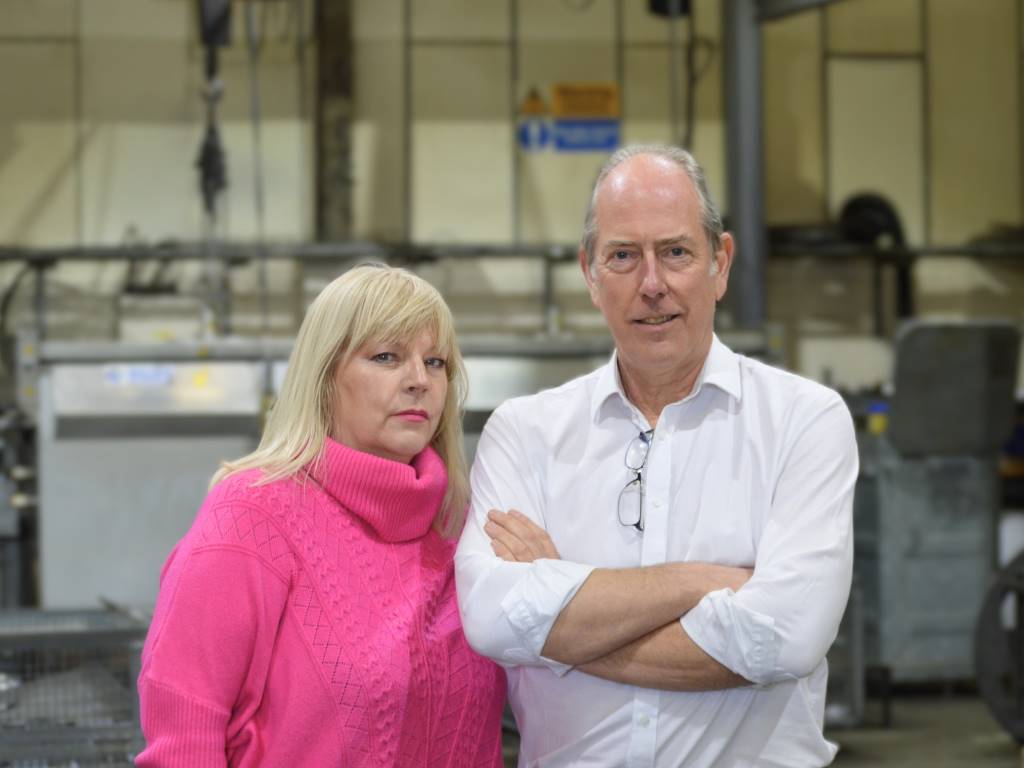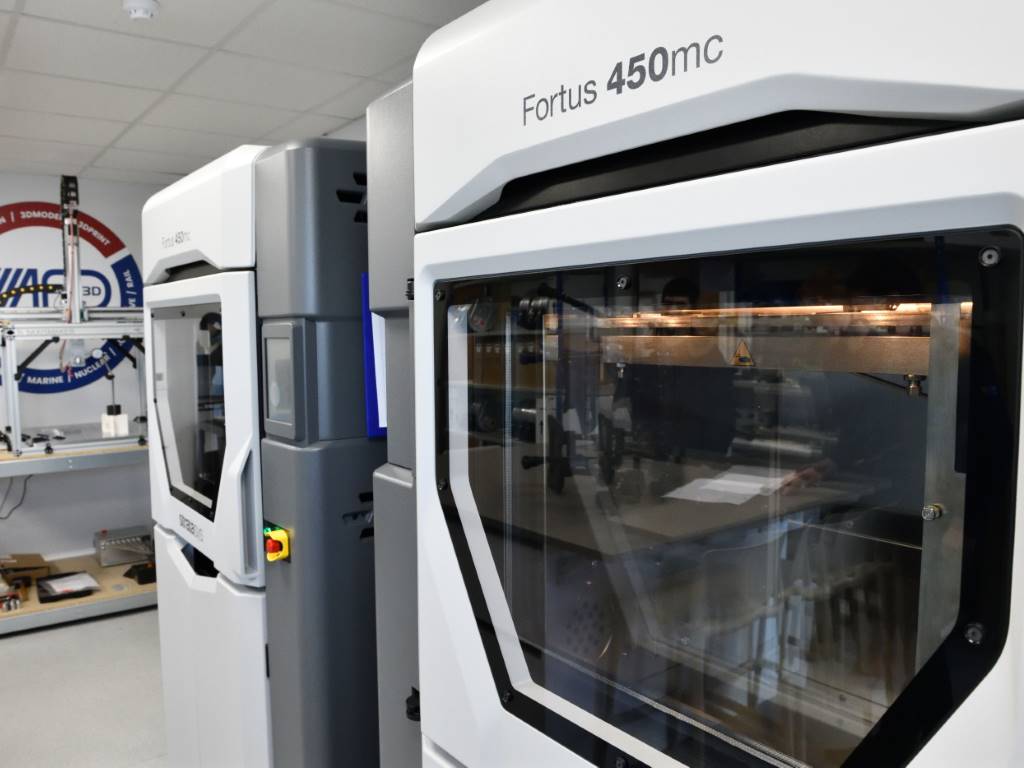How to manage shift workers in the manufacturing industry

Cristian Grossmann, CEO and co-founder of Beekeeper, looks at the difficult task of managing shift workers in the manufacturing industry.
Shift workers make up a vital part of the manufacturing workforce, and yet are often overlooked when it comes to investment and nurturing. Additionally, managing, retaining, and communicating with shift workers can sometimes be a challenge for upper management. However, if manufacturing companies expect to thrive, the issue of schedule management needs to become an area of focus for these businesses.
Having an unpredictable work schedule can make it difficult to plan in advance for doctor’s appointments, child care, or other personal errands. Therefore, it’s crucial that manufacturing companies invest in scheduling solutions that give hourly workers flexibility in their work schedules. Doing so can enable manufacturers to attract and retain talent.
A recent study highlighted how a lack of regular shift patterns, short notice of scheduled work hours, or last-minute shift changes can negatively impact hourly workers. The implications of not having a set work schedule can make work life unpredictable. A constantly fluctuating work schedule is stressful for employees, and can negatively affect their performance at work.
This failure to plan life around work leaves employees feeling stressed, unhappy, and less likely to stay at their job.
How to strike a better work/life balance for employees
Ideally, hourly workers would simply receive their work schedules months in advance. However, manufacturers often are unable to predict the output levels required that far ahead, which makes it impossible to anticipate how much labour will be needed.
So is there a balance that meets both the needs of the workers and the requirements of the business? Well, you may be surprised to find that the same study above found that just two weeks’ notice is more than ample time for shift workers to manage their personal lives and commitments around work.
Two weeks is also generally enough time for companies to know what the workload will look like, so this compromised timescale strikes a fair balance for both sides.
Are shift workers missing out on more?
For many businesses, investing in tech tends to mean spending money on equipment, machinery or processes to improve operational efficiency and productivity.
However, technology solutions that aid staff shouldn’t be overlooked, as they can increase employee satisfaction, retention, and worker output.
One operational hurdle faced by many manufacturing companies is communication, not only with shift scheduling, but with day-to-day communications and sharing basic information such as company updates or procedural changes.

It’s also often difficult for shift workers to communicate in real time with HR, as they are often working at different times or at other locations.
Simply put, the traditional methods of notice boards and newsletters are no longer good enough as it’s hard to gauge who has read the messages. Another disadvantage of these kinds of communication methods is that they only allow for one-way communication which can lead to frustration from hourly workers.
It’s key to invest in solutions that address both operational communication and shift scheduling. These solutions should be easy for workers to access, which will lead to higher adoption rates.
There’s an app for that
Integrating an internal communications platform such as Beekeeper, accessible by desktop or on a mobile device, enables key operational information such as shift schedules to migrate from paper or email into an easy-to-access digital hub.
What’s more, an intuitively designed communication platform means that employees are able to use the app easily and quickly, which drives adoption.
For many companies, investing in technology is a huge step and having a solution that’s easily accessible and quick to use is important to ensure that your investment sees a return. In our experience, adoption rates can be as high as 85% shortly after implementation.
It’s important to remember that any communication solution that you implement must be fully GDPR compliant. This means that HR teams can host personal data and information on the app without worrying about breaching privacy laws and getting fined for violating the GDPR.
Using a digital platform to share scheduling information gives manufacturing workers improved access to their shifts and also helps prevent communication issues.
Internal digital communication platforms offer a range of benefits to frontline manufacturing workers such as:
- Instantly request schedule changes from management
- Easily swap shifts
- Pick up extra shifts when they want more hours
As a result, workers are empowered with more access and control to shift schedules which supports them having a more harmonious work/life balance and improves job satisfaction.
No more headaches from shift swapping
For both employees and management, shift swapping can cause serious operational issues.
With a digital communication platform, swapping shifts can be done easily and swiftly on an app that provides better visibility for staff and management to track shift changes in advance from anywhere, at any time.
This in turn can help reduce the workload for HR teams, while ensuring the factory’s production line is sufficiently staffed.
For many manufacturers, the unpredictable nature of production means there will be times when it needs to be scaled up or down to reflect demand. A digital communication platform makes the process more seamless as HR teams can upload extra shifts and communicate availability to workers through the app.
Added benefits of an internal communications platform
An internal communications platform like Beekeeper offers additional communication tools which frontline employees find extremely beneficial.
These include instant access to one-on-one and group messaging, information sharing, surveys, training guides, and important health and safety manuals.
This digital platform means that, for the first time, all workers in a company can feel connected and engaged with both management and their colleagues. Employees also feel empowered to communicate, and they have access to the information they need to perform their jobs well.
Flagging an issue to a line manager or sharing insights with the broader team is a valuable tool for everyone. In my experience, this has helped companies avoid costly mistakes, simply by having all their communication channels in one place.
We have found that shift worker satisfaction and employee retention rates improve dramatically when these workers have a platform that offers easy shift scheduling, access to information 24/7, and an immediate way to connect with management.
It now means the stress of shift scheduling is minimised due to a faster, more transparent shift swapping process.
With improved shift communication for manufacturing workers comes a happier and more productive staff and reduced absenteeism, which critically helps the bottom line.
Beekeeper is a mobile-first communication platform that improves operations and engagement for organisations like manufacturers with a high percentage of frontline employees.
Beekeeper www.beekeeper.io/en











